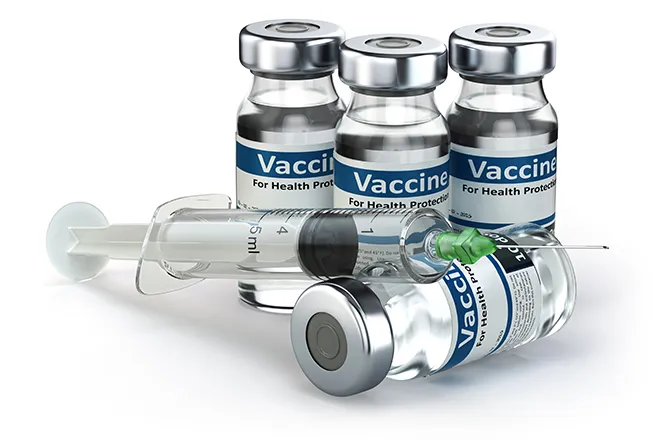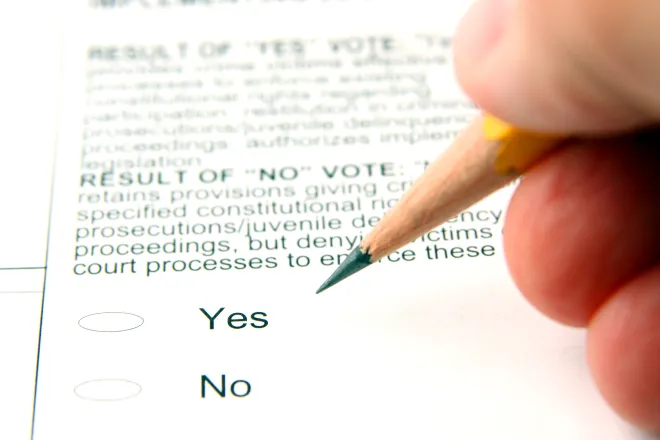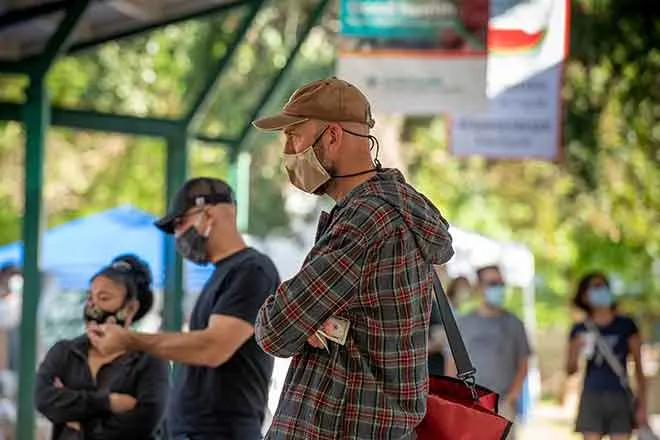
Utah heart survivor shares story to spread awareness for American Heart Month
Click play to listen to this article.
(Utah News Connection) One Utah woman is sharing her story during American Heart Month to spread awareness about how important preventive heart health care is.
Claire Larson, a cardiac arrest survivor, was a 28-year-old aerobics teacher in April 2000, who said she felt healthy and "on top of the world," until she experienced cardiac arrest and was diagnosed with congenital heart disease.
Larson explained her heart condition eventually led her to needing a transplant in 2016.
"We tend to think that it is an old man's disease but it actually impacts a lot of young people," Larson emphasized. "I was in my late twenties. I was going to college, finishing school and so that was something that I never dreamt would happen to me."

© iStock - Benjavisa
Larson encouraged everyone to get checked out and know their heart numbers like blood pressure, cholesterol, blood sugar levels and body mass index.
According to the American Heart Association, nearly 45% of women over the age of 20 are living with some form of cardiovascular disease, and members of multicultural communities face higher risks. It is one of the reasons the American Heart Association wants more people to know CPR. The group encourages people to take an online course, watch a brief tutorial video or find CPR classes near you.
Lisa Nichols, vice president of community health for Intermountain Health, said it is crucially important for women to know the heart attack warning signs which include pain in both arms or the chest, neck, jaw, back and stomach as well as nausea, shortness of breath or lightheadedness.
"It is also important to know the warnings for stroke and there is an acronym there; it's FAST. F stands for face dropping, 'A' for arm weakness, 'S' for speech difficulty and 'T' for 'time to call 911," Nichols outlined. "We know that it is really important that if you act more quickly, your recovery is going to be much better."
Nichols recognized many women are caregivers for others, but wants to remind women they need to take care of themselves so they can help others. She wants women to find the best way to de-stress, as the American Heart Association said women are 38% more likely to have a cardiovascular event when experiencing high work-related stress.
















